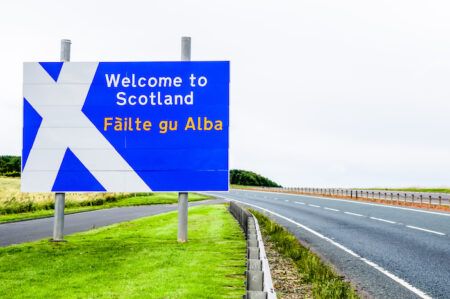The UK’s first Mobility as a Service (MaaS) system is offering extended multimodal travel packages and pricing options to users of it Whim app in the West Midlands.
Launched as a pay-as-you-go trip-by-trip service in October last year, Whim brings different modes of transportation into a single app. It previously offered National Express bus and metro tickets, routes and timetables, as well as Gett taxi services. Enterprise Rent-A-Car has now joined the MaaS ecosystem, and users will also have full access to the new 5,000-strong fleet of Nextbike bike-share cycles. Other transportation providers are also lined up to get involved.
Developed by the Finnish pioneers of the concept, MaaS Global, Whim integrates journey planning, reservations, payments and subscriptions into one app. It is the world’s first and only monthly mobility service and already operates successfully in Helsinki, where it has 20,000 registered users. It aims to expand to Antwerp and Flanders, in Belgium, later in 2018. Negotiations are also ongoing in the Netherlands, Austria, Canada, Singapore and several other markets.
Backed by organizations including Transport for West Midlands (TfWM) and the West Midlands Combined Authority (WMCA), Whim now offers three options:
Pay as you go; Whim Everyday for £99 (US$140) per month, which includes unlimited public transport with taxis and best-price car hire; Whim Unlimited for £349 (US$495) per month, which includes unlimited public transportation, all taxi rides within a three-mile (4.8km) radius of the user’s location, and up to 30 days car hire per month.
The company is now looking for the first 500 people to sign up to its monthly schemes.
“We want to challenge the way people start to think about their journeys and let them see that vehicle ownership doesn’t have to be the only way forward. Whim offers a smart alternative for smart people,” explained Whim founder Sampo Hietanen. “On average, cars are parked up unused for about 96% of their lifetime, but we still have pay for them, sometimes in conjunction with other transport options too. Owning a car is actually a burden for many people, but there’s been no realistic alternative until now.
“We like cars, we’re certainly not anti-car, and we still offer access to cars when needed, via taxis or through hire. But we are showing people that they don’t need to be so reliant on car ownership. Once people realize this, the benefits are huge: less traffic, less pollution, fewer stressful journeys, more space in our towns and cities thanks to fewer cars parked on the road.”




